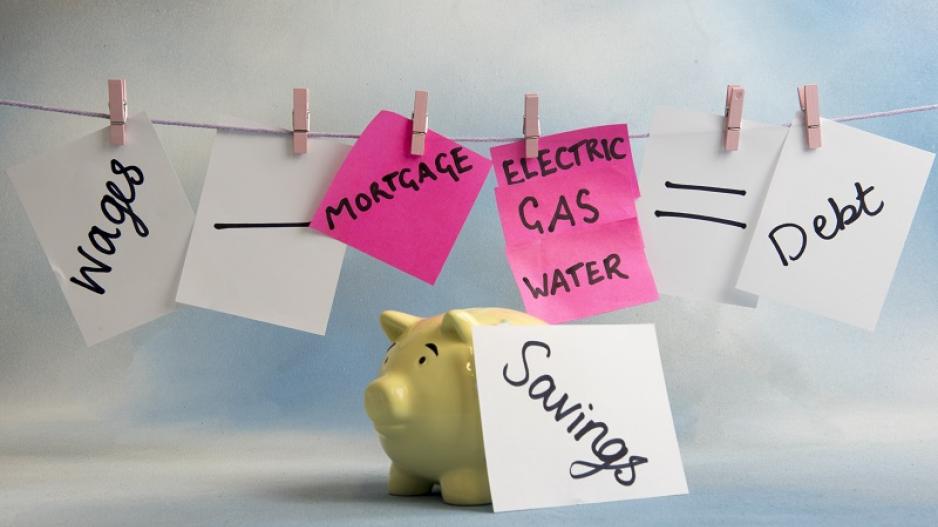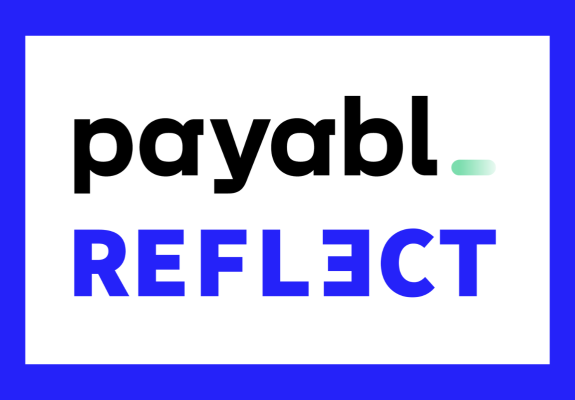Financial Wellbeing of Cypriot Citizens Declines
New Financial Wellbeing Index Highlights Economic Challenges Amid Rising Living Costs
The financial wellbeing of Cypriot citizens has experienced a notable decline, according to the results of the 2024 Financial Wellbeing Index, presented for the first time by the Financial Wellbeing Institute. The overall index score stands at 51.4 out of 100, a drop from 56.7 in 2023, underscoring the increasing challenges faced by citizens due to financial insecurity, insufficient savings, and stress.
The survey results reveal a concerning picture of financial vulnerability among Cypriots:
-
Rising Living Costs: 57% of respondents feel that the rising cost of living threatens their financial security.
-
Limited Emergency Funds: 42% of participants are unable to cover unexpected expenses of €800 without borrowing.
-
Savings and Stress: Only 38% have sufficient reserves to last three months, while 56% report experiencing financial stress.
-
Future Outlook: 30% expect their financial situation to worsen over the next 12 months.
Furthermore, 24% of respondents struggle to pay all utility bills by the end of the month. Alarmingly, only 31% have planned for retirement beyond the basic pension provided by the Social Insurance Fund.
The research highlights significant disparities based on gender, age, and income:
-
Gender Gap: Men report higher financial wellbeing scores (55.4) than women (45.9).
-
Age and Income Factors: The lowest scores were recorded among individuals aged 25–29 and those earning annual incomes of €20,000 or less.
-
Regional Variations: Participants from Famagusta district reported the highest financial wellbeing score (55.6), while Larnaca recorded the lowest (46.4).
The Financial Wellbeing Institute is the first non-profit organization of its kind in Cyprus, dedicated to promoting financial literacy and wellbeing. The Financial Wellbeing Index uses a pioneering methodology to evaluate three fundamental dimensions: perceived financial security, economic resilience, and stress related to financial difficulties.






